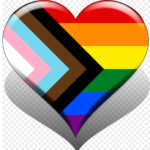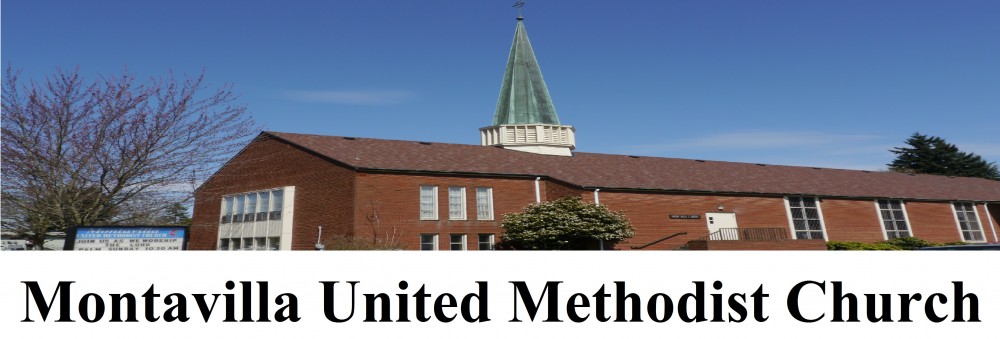 We are in a new sermon series on “What it Means to Be United Methodist”. When I first heard about this title I was expecting a lot of religious talks about what we need to be, yet also curious about what the United Methodist believe as I am newer to this denomination. I was drawn to this church because of its inclusiveness to all people, and later because of the social justice aspects that I see in the people of this church. Learning the core values of the church can help me go deeper into my own faith, and also to see what changes might need to take place within myself and within the church. Are the core values showing love to all people?
We are in a new sermon series on “What it Means to Be United Methodist”. When I first heard about this title I was expecting a lot of religious talks about what we need to be, yet also curious about what the United Methodist believe as I am newer to this denomination. I was drawn to this church because of its inclusiveness to all people, and later because of the social justice aspects that I see in the people of this church. Learning the core values of the church can help me go deeper into my own faith, and also to see what changes might need to take place within myself and within the church. Are the core values showing love to all people?
There are so many extreme opinions these days when it comes to beliefs, that I can feel discouraged and oppressed. A lot of laws being created in the name of Christianity that show hatred and unkindness. So much systematic racism and injustice and ignorance. How do I live out love and faith in so much darkness?
The first sermon “What it Means to Be United Methodist: The Methodist History of Mother’s Day” was very thought provoking in seeing this day didn’t originate in the way in which we have chosen to celebrate it. Mother’s Day, like a lot of things in history, can become “rewritten” or told from a narrow viewpoint, or taken out of perspective. Pastor Heather shares an article by Church historian, Professor Diana Butler Bass, PHD, about the Radical history of Mothers’ Day. Mothers’ Day was founded by Anna Jarvis, a member of a Methodist congregation in Grafton,West Virginia, passed out 500 white carnations in church to commemorate the life of her Mother, Ann Reeves Jarvis, who organized the local, poor women into“Mothers’ Work Day Clubs” to work for clean water and sanitation, to improve the lives of women and children and worked for universal access to medicine for the poor.
The message for me is a reminder to continue to love and work for justice one day at a time. Today, I am creating history, and can be part of creating change. The change begins in being open to learning from all people, not putting people in boxes, and seeing how the spirit can bring more love in my life. It begins in my relationships around me, my community, my church, and those I come in contact with. Through my relationships, I can take action and be part of making this world a little more loving, a little more kind and a little more fair – to all people!
Love and grace,
Elissa Noble
References from sermon:
https://www.huffingtonpost.com/diana-butler-bass/radical-history-of-mothersday_b_3259326.html
http://legacyproject.org/guides/mdhistory.html

